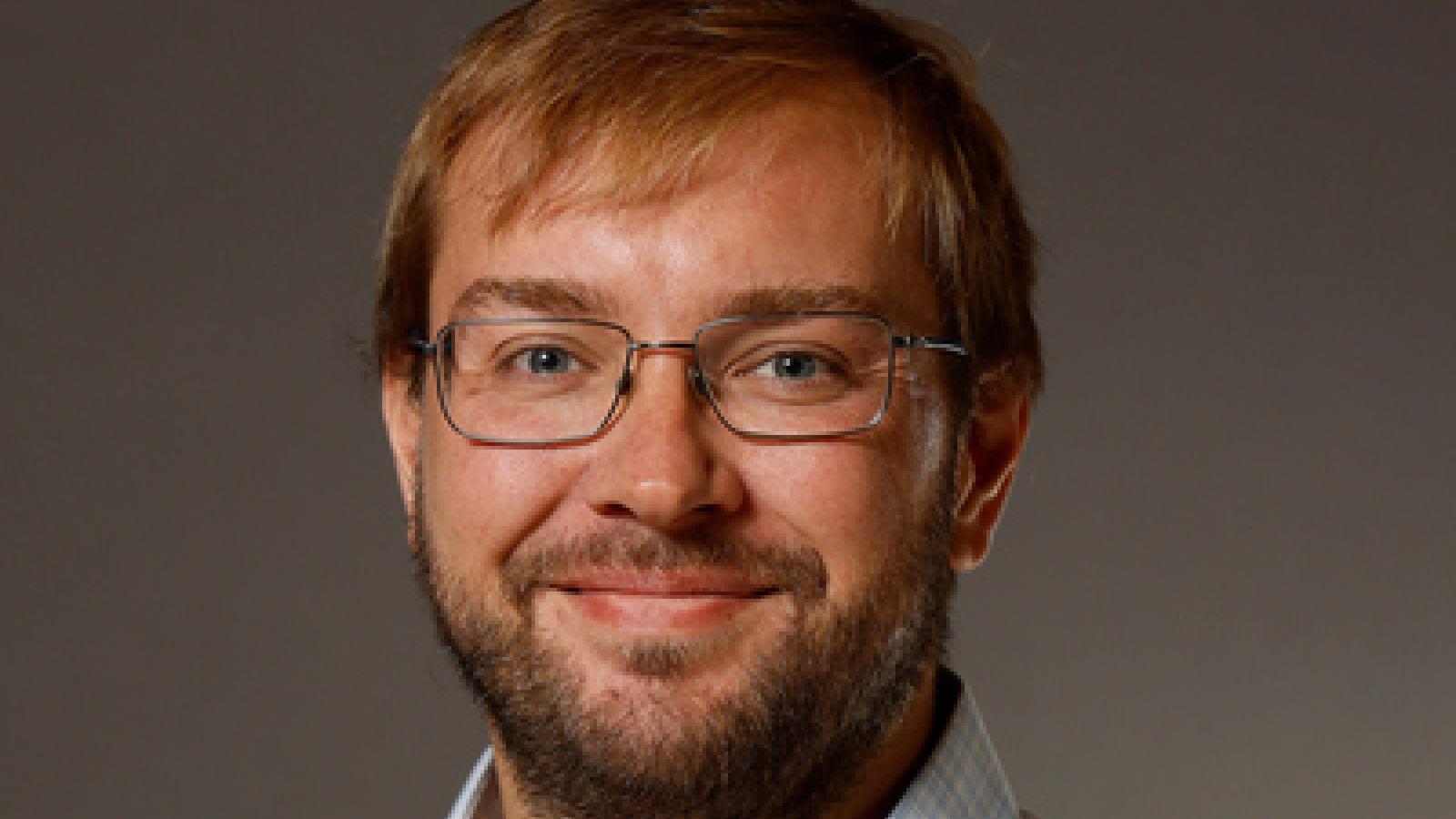
Dusty Grundmeier is a new assistant professor of Mathematics at Ohio State. He joins the department after spending the last eight years at Harvard University. His research is in higher dimensional complex analysis, and especially its connections with other areas of mathematics, science, and engineering. At Harvard, Grundmeier also developed an interest in how effective teachers teach and why students persist (or not) in Science, Technology, Engineering, and Mathematics (STEM) fields. To better understand these problems, he designed interventions to support student learning and persistence, and he worked to assess the impact of mathematical pedagogical changes using randomized controlled trials in the classroom.
Grundmeier is originally from rural Minnesota and homeschooled for most of his K-12 years. He studied Mathematics at the University of Illinois, winning the Greenwood-Trjitzinsky prize for best undergraduate mathematics research paper for his undergraduate thesis. After graduating, he worked as a software engineer for several years before deciding to pursue Mathematics in graduate school. During graduate school, he fell in love with complex analysis, and became especially excited by the many surprising connections among complex analysis and other areas of mathematics. In particular, his research introduced compressed sensing techniques to higher dimensional complex analysis. During his postdoctoral fellowship, he began a research program using commutative algebra and algebraic geometry to study mapping problems in complex analysis. Grundmeier has 16 publications in complex analysis.
At Harvard, Grundmeier was the associate director of undergraduate studies in mathematics. He worked across the mathematics curriculum to spark students’ passion for mathematics. He created a successful gateway to higher mathematics course, which grew from 55 students in its initial instance to more than 10 percent of the Harvard incoming class in each of its last few years. Along with his colleagues, he also created the Harvard College Emerging Scholars Program to support STEM persistence among students from underserved communities. This program was recently expanded by the university to broadly support incoming students. Finally, he also brings a passion for mentoring undergraduate research projects, and he mentored numerous undergraduate projects.
Grundmeier is excited to generate passion and enthusiasm for mathematics among OSU students.
